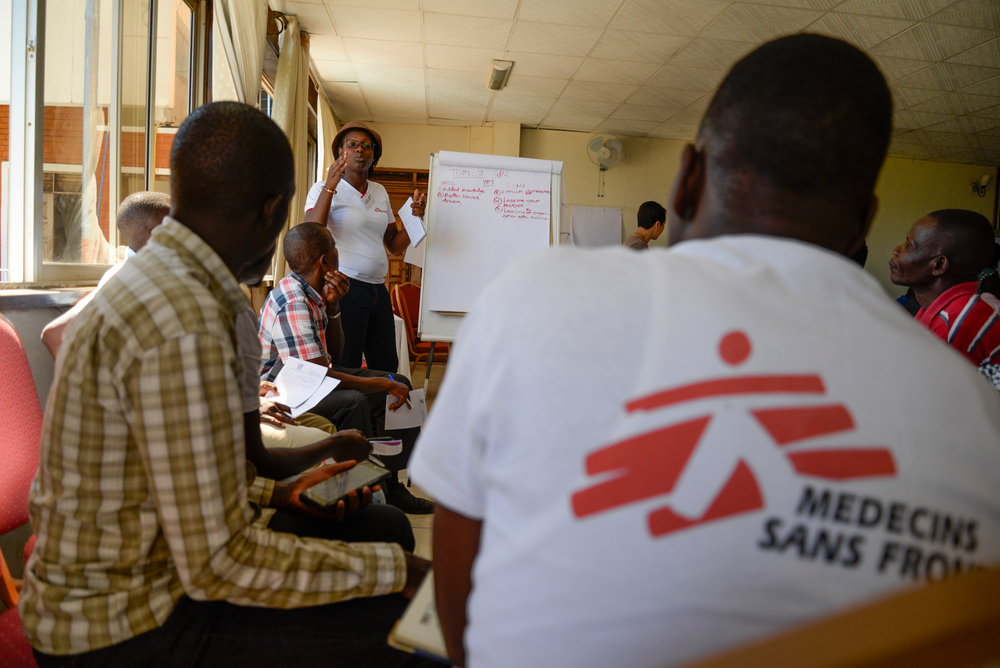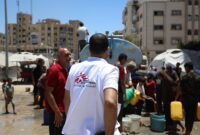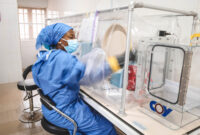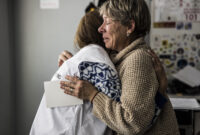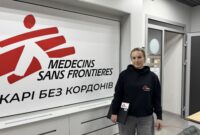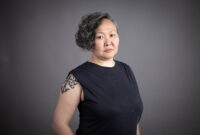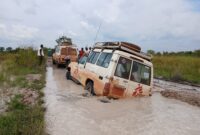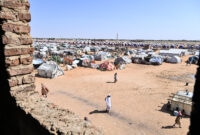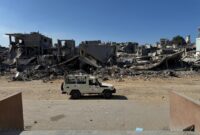Recruitment Zone, Summer 2020: Who are MSF staff
Welcome to the August 2020 edition of the Recruitment Zone newsletter. The Recruitment Zone helps connect professionals in Canada with opportunities to join Doctors Without Borders/Médecins Sans Frontières (MSF)’s lifesaving humanitarian medical action around the world. We are always seeking skilled medical and non-medical experts who can help us provide essential care to people affected by crisis, conflict, disaster or neglect.
Who are MSF staff
Approximately 15 to 20 percent of MSF international field positions globally are open to people on their first assignment. Already coming with valuable professional experience and previous exposure to other cultures, staff new to MSF bring a fresh perspective to the work and their team and can offer new ideas.
Medical and paramedical profiles, human resources and finance specialists, engineers, logisticians and others are part of almost every field team. That said, being part of an MSF team means contributing to a diverse group in many ways beyond profession. MSF works in more than 70 countries worldwide and our approximately 45,000 staff come from all over the globe.
About 90 per cent of project staff are recruited locally, residents in the countries where we work. The remaining are hired internationally across our recruiting offices present in five continents. In addition to their professional skills for their role on the team, locally hired staff are essential because they know the community and cultural context – the background, strengths, informal norms, networks and needs of the people MSF assists as well as institutional knowledge of MSF projects.
Working to diversity, change historical imbalances
Though we recruit a smaller number of staff internationally, this group has historically occupied a disproportionate number of senior management positions in the countries where we work. This has led to a lack of diversity among our leadership teams and boards. We are working to change this to reflect a stronger representation of equity-seeking communities at all levels of the organization, with discussions and initiatives happening across the organization.
Among our actions to address this issue, we have designed specific development packages to offer career paths and training aimed at giving equal opportunities to our staff worldwide to grow as a talent within the organization including in senior positions.
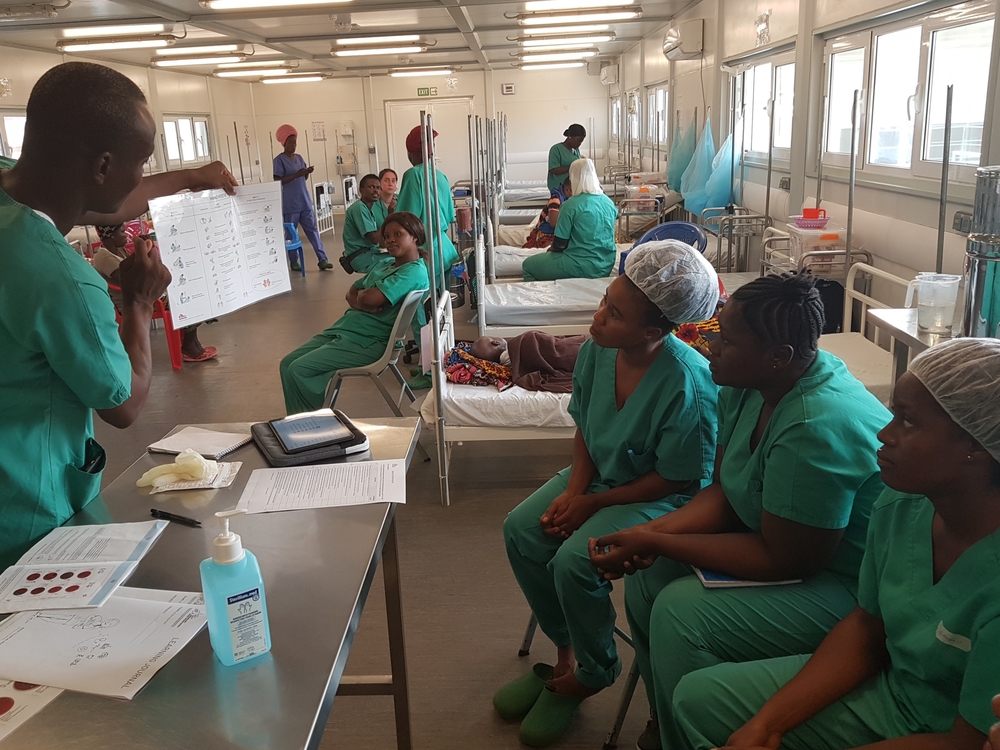
In 2019, a sixth operational centre was opened in West Africa, run mainly by senior MSF staff from the region (until 2019, all five of MSF’s operational centres were based in Europe) with the aim of bringing operational management and decision-making closer to the countries where we work.
We are aware these actions alone are not enough, and we have a long way to go.
“The colonial roots of the humanitarian sector, and the power imbalances that have been normalized for centuries, require us all to learn from history, question our assumptions and actively challenge the status quo,” says Christiane Essombe, Equity, Diversity and Inclusion Officer at MSF Canada. “Striving for equitable power distribution, seeking a variety of lived experiences and creating practices that reflect the realities of marginalized groups, all of this is critical to fulfill MSF’s social mission.”
MSF employees in all levels dedicate their time and expertise as a vibrant movement to work together to deliver emergency medical humanitarian assistance. Staff past and present can shape the movement’s future – including advocating for meaningful changes to increase diversity and equity in MSF – by becoming a member of an Association and contributing their voices to the global discussions shaping our work.
MSF depends on qualified professionals from Canada and other countries to help us deliver high quality medical care and humanitarian aid to people affected by crisis, conflict, neglect or disaster.
Thank you for your interest in MSF, and for supporting our lifesaving humanitarian medical action.
Sincerely,
The MSF Canada Recruitment Zone team
- MSF Recruitment Zone: Learn more about the process to become a field worker with MSF.
- Read MSF’s statements on racism in the organization and actions to address it.
